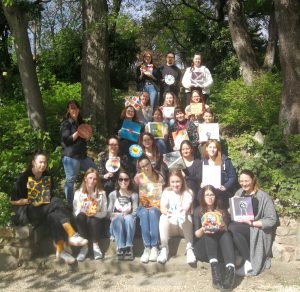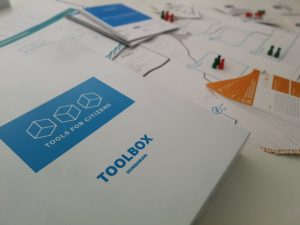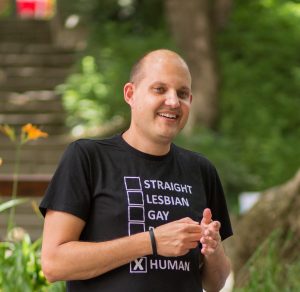A unique learning unit based on civil-university cooperation was born in the Master’s programme in Social Psychology in the University of Pécs. Students who completed the finalized learning process – based on five-years of development – for the first time presented their experiences on 3 May.
Péter Peták and András Nyirati (who did not yet suspect that they would become colleagues in a few months) started working as external lecturers in the MA in Social and Organizational Psychology at the Institute of Psychology of the University of Pécs in 2017. The collaboration was initiated by Orsolya Vincze, Head of the Department of Social and Organisational Psychology, and her colleague Sára Bigazzi. The idea came from the fact that although students learn about many different organisations during their studies, they see many things, but there is little talk about civil society organisations and social issues. There was a reason to ask why not make this a local speciality?
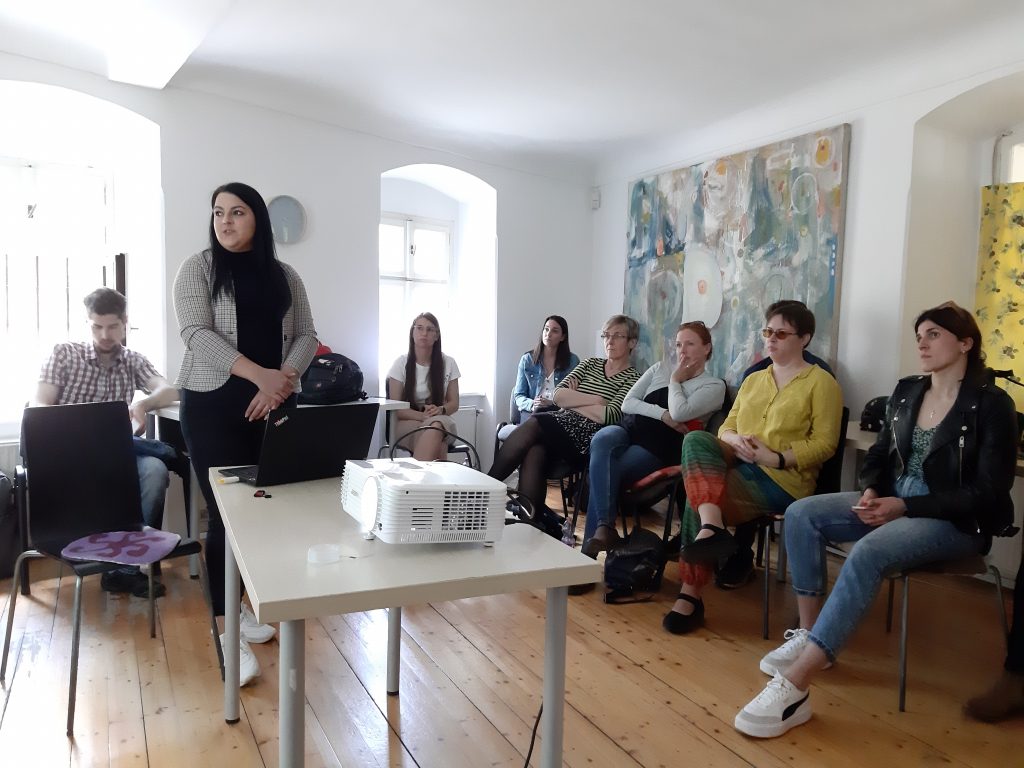
We now know the answer: it can be! During the five years, the structure of the learning unit has changed several times, from three courses to two, from theory to practice, from research to organisational development. In its current, perhaps now definitive form, first-year MA students complete 60 hours of practical training in NGOs, complemented by a course of supervision. Then, in the second year, they get to know more a particular NGO and try out organisational development using the Civil Society Toolbox. This will give them first-hand experience and a methodology that they can use in their professional work as well.
Students graduating in the summer of 2022 worked at three NGOs from Pécs: Apolló Mozi Alapítvány, People First Egyesület, Pécsi Közösségi Alapítvány. They presented their experiences gained over several months to students, NGOs and university lecturers. Although time is limited in such a course, there was capacity to go beyond organisational diagnostics and explore problem areas.
According to the students’ feedback, the most important lesson is that a previously unknown sector has been opened up to them. An important feature of the process was that students were able to test themselves as professionals in a real but safe environment. Participating NGOs found the discussions useful, but also expressed their wish to deepen the joint work and processes. These experiences will be incorporated into the training in the future.
The good news is that next year the first group will be graduating for whom Covid was no longer a limiting factor in learning.
